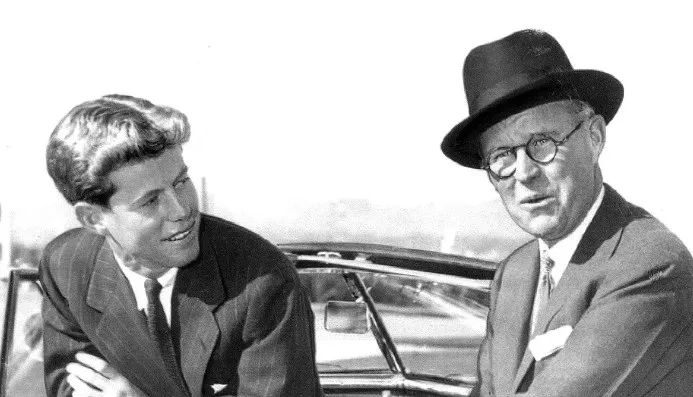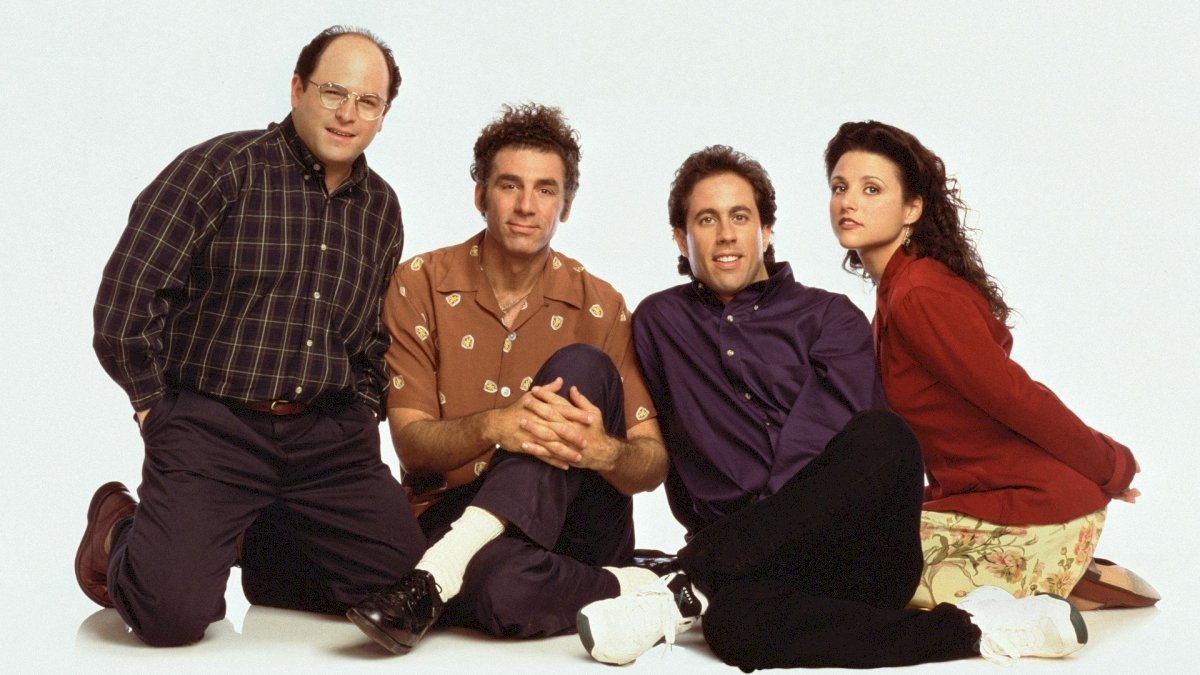Television in the 1960s brought forth a plethora of iconic shows that have left an indelible mark on popular culture. Among them, "Hazel" stands out as a beloved sitcom that captured the hearts of audiences during its run from 1961 to 1966. Created by Ted Key, the show revolved around the endearing character of Hazel Burke, played by the incomparable Shirley Booth. Hazel, a live-in housekeeper, captivated viewers with her wit, warmth, and unwavering dedication to the Baxter family. Despite its relatively short run, the show left a lasting legacy, making it a timeless classic that continues to resonate with audiences even decades later.

The Genesis of Hazel

The idea for "Hazel" stemmed from the Saturday Evening Post cartoon panel created by Ted Key. The cartoon, originally named "The Saturday Evening Post’s Hazel," followed the adventures of a sassy, middle-aged maid employed by the Baxter family. It caught the attention of Hollywood and was adapted into a television series in 1961. Shirley Booth, already a celebrated actress, was chosen to portray the titular character. Booth's remarkable talent and endearing portrayal of Hazel made her an instant hit with audiences.
Character Analysis: Hazel Burke

Hazel Burke was the heart and soul of the show. Her character was a combination of wit, wisdom, and an unwavering commitment to the Baxter family. Hazel was more than just a housekeeper; she was a trusted confidante to the Baxter family, offering sage advice and often getting entangled in various comedic situations. Her unique personality and ability to navigate through life's challenges with humor and grace made her an inspirational figure for many viewers.

Shirley Booth's portrayal of Hazel was nothing short of iconic. Her impeccable comedic timing and genuine warmth brought the character to life, earning her two Primetime Emmy Awards for Outstanding Lead Actress in a Comedy Series.
The Baxter Family Dynamic

The Baxter family, consisting of George, Dorothy, and their son Harold, provided the backdrop against which Hazel’s character flourished. George Baxter, portrayed by Don DeFore, was a successful lawyer, while Whitney Blake played Dorothy, his caring wife. Bobby Buntrock played the mischievous and endearing Harold, whose shenanigans often kept Hazel on her toes.

The chemistry among the cast members was palpable, contributing to the show's success. The dynamic interactions between Hazel and the Baxter family members, each with their unique personalities, formed the crux of the series. The way Hazel effortlessly navigated through their lives, offering both practical advice and comedic relief, created a compelling and heartwarming narrative.
Themes and Impact

One of the distinctive elements of "Hazel" was its ability to address social issues of the time with humor and grace. The show subtly touched on topics such as gender roles, societal norms, and family dynamics. It depicted Hazel as an empowered woman, challenging traditional gender roles by being self-reliant, outspoken, and wise beyond her years.
Moreover, Hazel’s character resonated with viewers, transcending societal norms of the era. Her unwavering dedication to the Baxter family, coupled with her independence and strong sense of self, served as an inspiration to many, especially women.

The show’s success also reflected the changing dynamics in American households. With the rising number of women entering the workforce, the portrayal of a capable and empowered housekeeper like Hazel challenged the conventional portrayal of domestic workers in popular media.
Cultural Significance and Enduring Legacy

Despite its relatively short five-season run, "Hazel" left an enduring mark on American television. Its warmth, humor, and timeless themes have kept the show alive in the hearts of audiences. Hazel became a cultural icon, with her catchphrases and endearing personality ingrained in popular culture.
The character's influence extended beyond the show's original run. Hazel's impact on gender roles, family dynamics, and the portrayal of household workers in popular media continued to inspire future TV shows and characters. Even in the modern era, discussions on gender equality and representations of empowered female characters often reference the trailblazing nature of characters like Hazel.

The show's legacy also lives on through syndication and DVD releases, allowing new generations to discover and appreciate the charm and humor of Hazel. Its availability on various streaming platforms further ensures that the show remains relevant, enabling younger audiences to experience the joy of this classic sitcom.
Conclusion

"Hazel" remains an exemplary depiction of a strong, independent, and lovable female character who captured the hearts of audiences in the 1960s and continues to resonate with viewers of all ages today. Shirley Booth’s stellar performance, combined with the show's ability to address social issues with humor and grace, secured its place as a timeless TV classic. "Hazel" will forever be remembered as a show that transcended its era, leaving an enduring legacy in the annals of television history. Its impact on the portrayal of empowered women in media and its endearing, timeless humor ensure that Hazel’s presence remains cherished in the hearts of viewers, both past and present.


